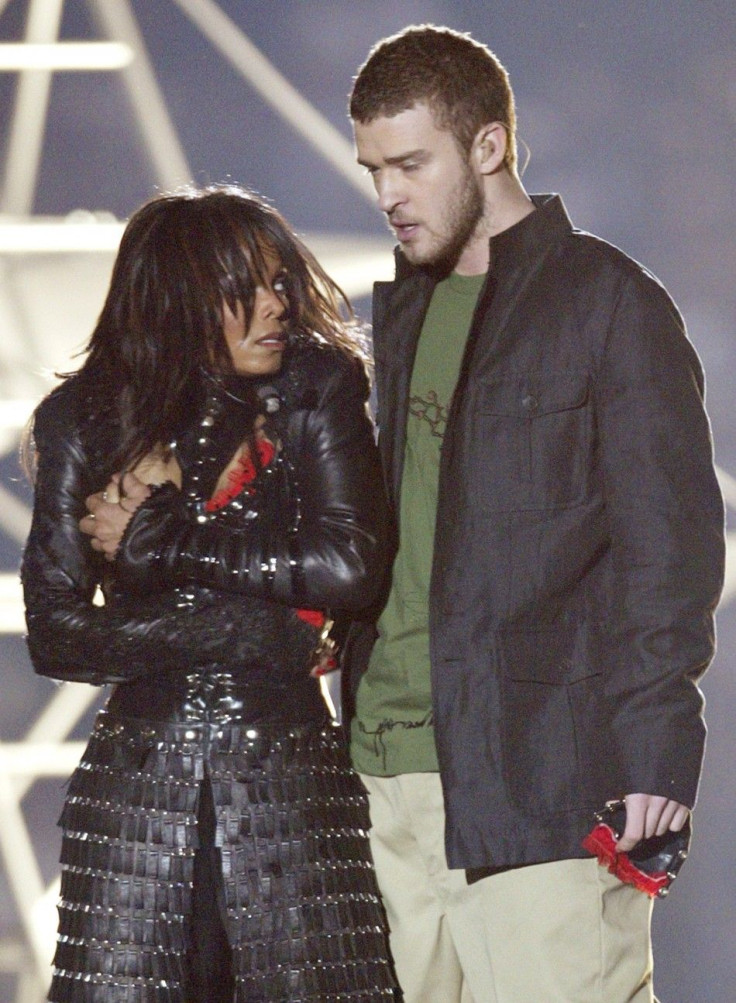Janet Jackson's 'Wardrobe Malfunction' May Head To Supreme Court

The Obama administration Wednesday asked the U.S. Supreme Court to review the Federal Communication Commission's indecency skirmish with CBS over Janet Jackson's infamous wardrobe malfunction during the 2004 Super Bowl halftime show.
In a petition, Solicitor General Donald Verrilli said a lower appeals court was out of bounds in throwing out the FCC's $550,000 fine against the network for briefly airing Jackson's exposed breast during a performance with singer Justin Timberlake.
CBS convinced the Third Circuit Court of Appeals in Philadelphia, Pa., to overturn the FCC fine. The appellate judges ruled the order was an unexplained departure from the FCC's now-abandoned policy of excusing isolated or fleeting material aired during prime time.
In 2004, the FCC under the administration of President George W. Bush cracked down on the fleeting expletive that had gone unpunished in the decades since the Supreme Court's 1978 ruling over comedian George Carlin's Filthy Words routine. The new enforcement regime began after a string of high-profile incidents of cursing.
During the 2002 and 2003 Billboard Awards on Fox, Cher told off her critics with a choice four-letter word, and reality tv star Nicole Richie complained about cow dung in her Prada purse. U2 singer Bono in 2003 cursed during a televised award show, telling the audience exactly how brilliant it is to win a Golden Globe.
Verrilli said the fleeting material exemption only applied to expletives, not images.
The court of appeals had erred by relying on a supposed 'fleeting images' exemption to indecency enforcement that in fact did not exist, Verrilli wrote. Under the commission's then-existing policy, repetition was essential to a finding of indecency only where expletives were concerned.
Verrilli, however, is not asking the Supreme Court to immediately take the case. He wants to wait for the outcome of another indecency case involving the Fox Billboard Awards broadcasts and a brief nude scene on ABC's NYPD Blue in 2003 that featured a woman's backside.
The Supreme Court had backed the FCC decision to fine the networks for those incidents, in a decision called Fox I, but when the case was sent back to the Second Circuit Court of Appeals in New York for review, the judges there said the agency's enforcement regime was unconstitutionally vague.
Now, in Fox II, the Supreme Court will address those constitutional questions over the FCC's enforcement policy.
The court's decision in Fox II may shed light on the proper resolution of this case, Verrilli wrote.
© Copyright IBTimes 2025. All rights reserved.





















